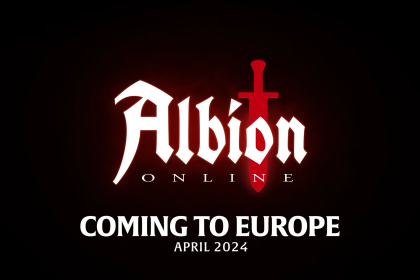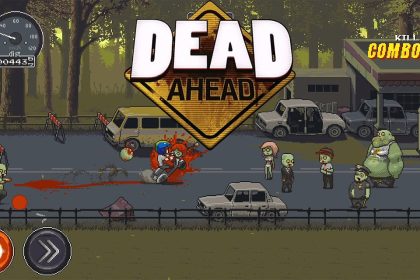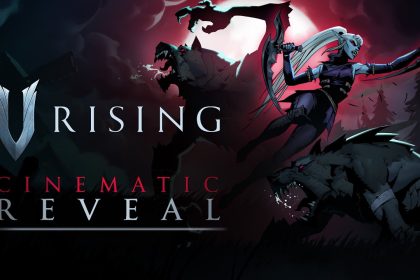Kenney Vleugels, a renowned game developer celebrated for generously sharing thousands of free assets, reveals that he has been prohibited from participating in certain Global Game Jam events due to his criticism of the organization’s decision to welcome AI companies as sponsors.
Known colloquially as “Asset Jesus” within certain circles due to his prolific contributions of free content over the past decade, Vleugels disclosed on January 21 that his exclusion from specific events is a consequence of his outspoken stance against Global Game Jam’s association with an AI sponsor.
According to him, he is no longer considered a vital part of the Global Game Jam community, rendering his opinions irrelevant.

This development transpired following a January 20 tweet by Vleugels, where he highlighted that one of the “diversifiers” for Global Game Jam 2024, which are optional challenges or themes for participants’ game projects, is sponsored by the AI company Leonardo.AI. Notably, this diversifier explicitly encourages the utilization of AI-generated assets in games.
Vleugels, who maintains a profile on the GGJ website, clarified to GamesRadar+ that he had previously organized two GGJ locations but discontinued his involvement due to dissatisfaction with the organization.
Many other game developers expressed shock at Vleugels’ ban and rallied to his defense, similarly criticizing the inclusion of AI in the organization’s sponsors and events.
The list of sponsors on the GGJ site includes the AI company Cybever, described on its official Twitter account as an infrastructure for automating metaverse and gaming development.
In a post from the previous month, Cybever shared an AI-generated animation clip with a caption resonating with those engaged in AI discourse: “Feels like any person with an imagination can create things of dreams.”
When contacted by GamesRadar+, Vleugels shared that a GGJ representative informed him that they considered the AI sponsor ethically sound but lacked an official statement to substantiate this claim.
The reference was made to Stable Diffusion training, a type of AI that has faced widespread criticism for potentially exploiting artists.
Addressing concerns about AI, Vleugels emphasized his worries about the rights of artists. He expressed apprehension that many available generative AI tools were trained on data without proper rights, causing artists who shared their work online to have their licenses and rights disregarded without consent.
Despite uncertainties about the long-term impact of AI tools on jobs, Vleugels underscored the importance of safeguarding the rights of artists.
In a separate development, Valve’s new Steam policy is set to permit the “vast majority” of AI games.





